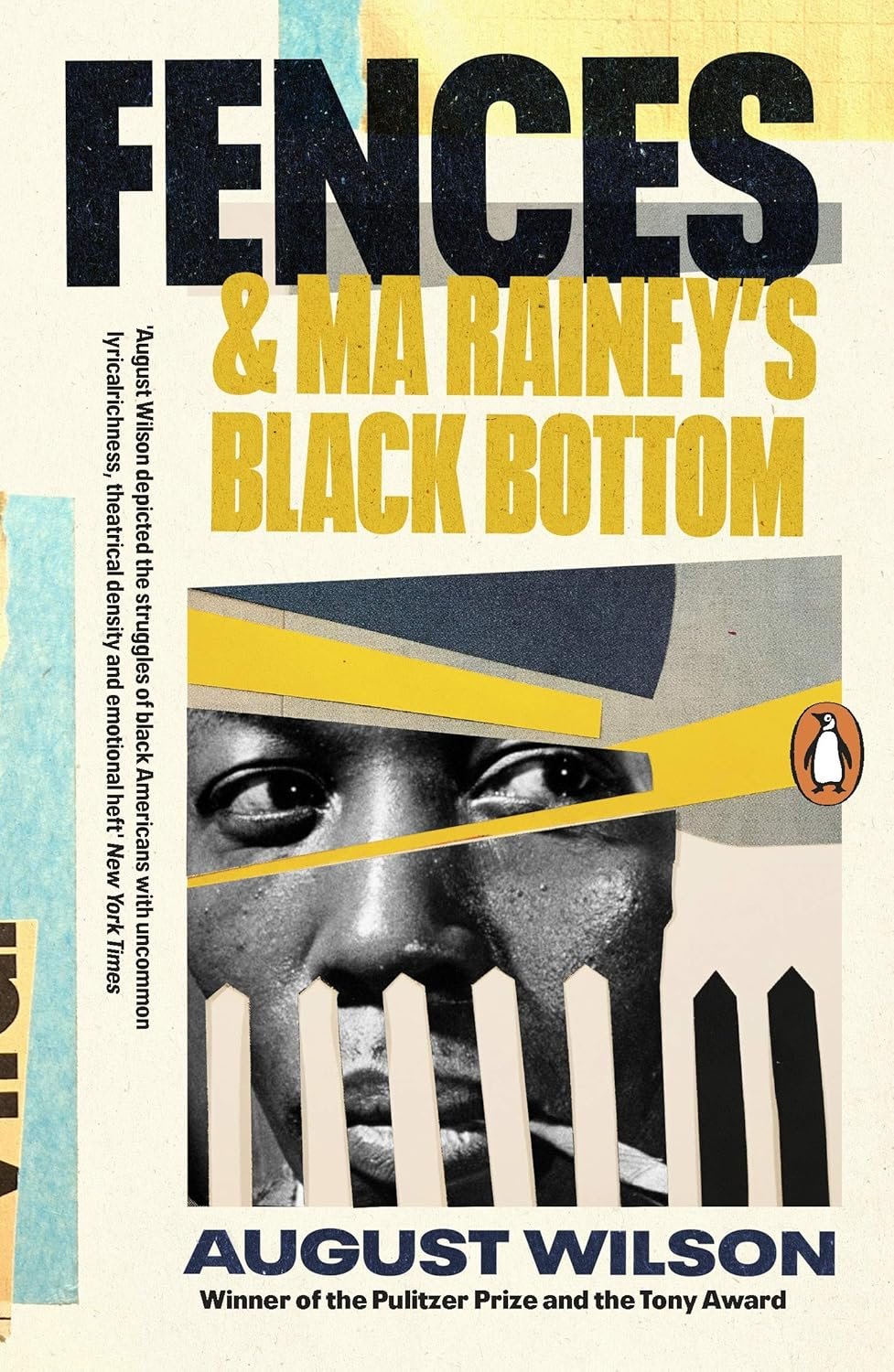August Wilson: Exploring His Five Most Popular Plays
August Wilson, one of the most celebrated playwrights in American theatre, is known for his groundbreaking Pittsburgh Cycle—ten plays that chronicle the African-American experience across the 20th century. Rich in poetic language, vibrant characters, and cultural history, Wilson’s works capture the struggles, triumphs, and complexities of Black life in America. Here are five of his most iconic plays, along with a short synopsis for each.
1. Fences (1985)
Perhaps Wilson’s most renowned work, this Pulitzer Prize-winning play is a powerful exploration of race, family, and broken dreams. Set in the 1950s, Fences examines the life of Troy Maxson, a former baseball player turned garbage collector, as he grapples with his unfulfilled potential and its impact on his family.
Synopsis:
Troy Maxson struggles with his past disappointments and current frustrations while trying to provide for his wife, Rose, and son, Cory. Tensions arise as Cory’s aspirations clash with Troy’s bitterness over the racial barriers he faced in his own youth. The play is a poignant look at the complexities of fatherhood, legacy, and forgiveness.
2. The Piano Lesson (1987)
Winner of the Pulitzer Prize for Drama, The Piano Lesson delves into themes of legacy, heritage, and the value of cultural memory. Set in 1930s Pittsburgh, the play centres on a family’s dispute over a treasured heirloom.
Synopsis:
Berniece Charles wants to keep the family’s piano, which is intricately carved with images of their ancestors, as a symbol of their history and struggles. Her brother, Boy Willie, wants to sell it to buy land and secure his future. The siblings’ battle over the piano becomes a powerful metaphor for how the past shapes the present.
3. Ma Rainey’s Black Bottom (1984)
This electrifying play, set in 1927 Chicago, examines the exploitation of Black artists in the music industry. Inspired by the real-life “Mother of the Blues,” Ma Rainey, it’s a searing portrait of ambition, power, and racial inequality.
Synopsis:
During a tense recording session, Ma Rainey fights to maintain control over her music while her ambitious trumpet player, Levee, dreams of making it big on his own. As tempers flare, the play reveals the systemic oppression that stifles Black creativity and freedom.
4. Joe Turner’s Come and Gone (1984)
This deeply spiritual play, set in 1911, explores themes of identity, migration, and the search for belonging. As part of the Pittsburgh Cycle, it captures the experiences of African-Americans navigating freedom and community after slavery.
Synopsis:
Herald Loomis arrives at a boarding house run by Seth and Bertha Holly while searching for his lost wife. Haunted by his past as a prisoner of Joe Turner, Loomis embarks on a journey of self-discovery, reconnecting with his heritage and healing from his trauma.
5. Gem of the Ocean (2003)
The first chronological entry in the Pittsburgh Cycle, this play is set in 1904 and explores the spiritual and cultural resilience of African-Americans in the face of systemic oppression. It’s a story of redemption, justice, and the enduring strength of community.
Synopsis:
At 285-year-old Aunt Ester’s home in Pittsburgh, a young man named Citizen Barlow seeks spiritual cleansing after committing a crime. Aunt Ester guides him on a mystical journey to the “City of Bones,” forcing him to confront his guilt and the weight of history.
The Legacy of August Wilson
August Wilson’s plays are more than theatre—they’re a celebration of Black identity, culture, and resilience. With their richly drawn characters and poetic storytelling, his works remain timeless explorations of race, history, and humanity. Whether you’re moved by the raw family drama of Fences or the spiritual journey in Gem of the Ocean, Wilson’s plays offer something profoundly impactful.
Which of August Wilson’s plays speaks to you the most? His legacy lives on, and these works continue to inspire and resonate with audiences worldwide. Dive into his powerful stories and experience the brilliance of a true theatrical giant!

